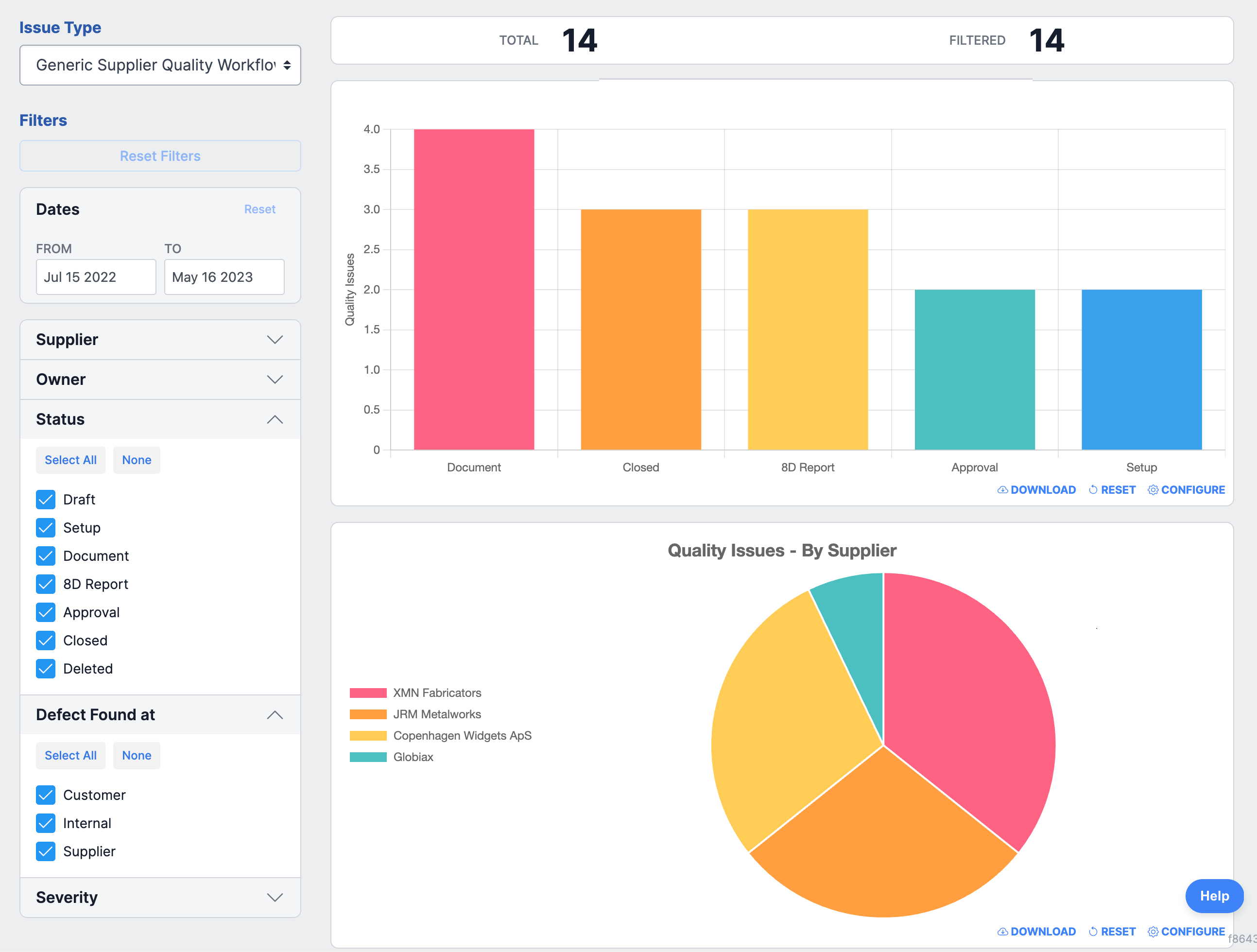In the competitive landscape of modern business, efficiency and effectiveness are paramount. Companies constantly seek ways to optimize their processes, reduce costs, and enhance productivity. One often-overlooked aspect of business operations where significant improvements can be made is the Request for Quotation (RFQ) process. RFQs play a crucial role in procurement, allowing businesses to solicit competitive bids from suppliers for the provision of goods and services. However, traditional RFQ processes can be cumbersome, time-consuming, and prone to inefficiencies. In this blog post, we'll explore RFQ solutions that can help improve your business by streamlining the procurement process, enhancing supplier relationships, and driving cost savings.
Embracing digital RFQ platforms is a game-changer for businesses looking to streamline their procurement processes. These platforms offer intuitive interfaces that simplify the creation, distribution, and management of RFQs. With features such as template-based RFQ creation, automated bid collection, and real-time bid tracking, digital RFQ platforms eliminate manual tasks and streamline workflows. Moreover, they provide centralized repositories for RFQ documents and supplier responses, facilitating collaboration and ensuring data integrity. By leveraging digital RFQ platforms, businesses can accelerate the procurement cycle, reduce administrative overhead, and make more informed purchasing decisions.
Effective supplier relationship management is essential for optimizing the RFQ process and driving long-term value for your business. SRM systems enable businesses to cultivate strategic partnerships with suppliers, fostering collaboration, transparency, and mutual trust. These systems provide comprehensive supplier profiles, performance metrics, and communication tools that empower businesses to evaluate supplier capabilities, negotiate contracts, and manage vendor relationships effectively. By implementing SRM systems, businesses can streamline supplier onboarding, improve supplier visibility, and mitigate supply chain risks, ultimately enhancing operational efficiency and driving cost savings.
Harnessing the power of data analytics and market intelligence can provide businesses with valuable insights to optimize their RFQ processes. By analyzing historical RFQ data, market trends, and supplier performance metrics, businesses can identify cost-saving opportunities, negotiate favorable terms, and make data-driven decisions. Advanced analytics tools enable businesses to conduct scenario analysis, predictive modeling, and optimization algorithms to optimize RFQ parameters such as pricing, quantity, and delivery schedules. Furthermore, market intelligence platforms provide real-time market updates, competitive benchmarking, and supplier risk assessments, enabling businesses to stay ahead of the curve and capitalize on emerging opportunities in the procurement landscape.
ntegrating RFQ solutions with ERP systems is essential for achieving seamless end-to-end procurement processes. ERP integration enables businesses to synchronize RFQ data with other business functions such as inventory management, accounts payable, and financial reporting. By automating data exchange between RFQ solutions and ERP systems, businesses can eliminate manual data entry, reduce errors, and improve data accuracy and integrity. Furthermore, ERP integration provides visibility into procurement spend, budget compliance, and supplier performance, enabling businesses to optimize resource allocation and drive cost savings. With real-time access to actionable insights, businesses can make informed decisions and drive continuous improvement across the procurement lifecycle.
